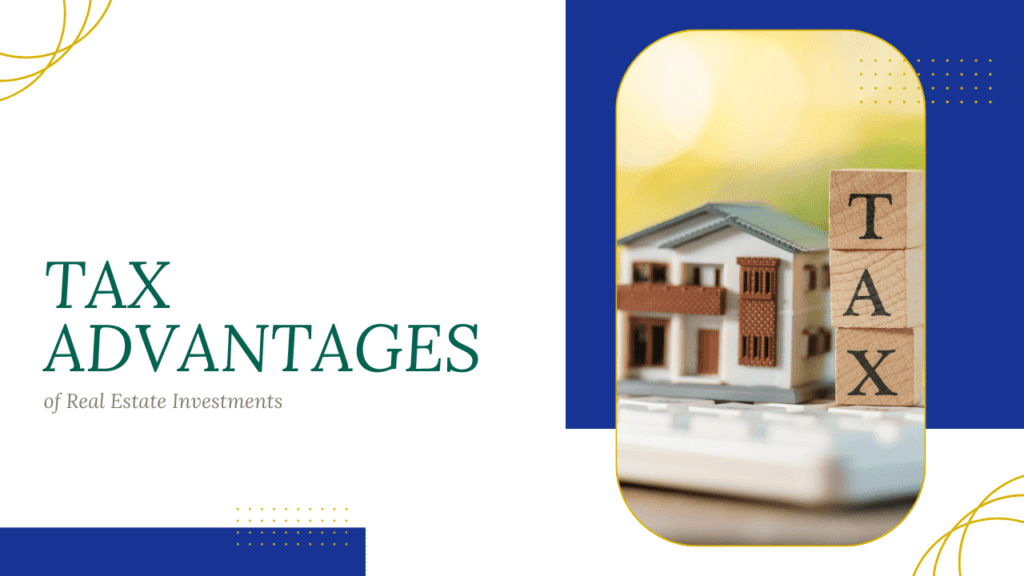
Let’s talk taxes.
Hopefully, yours are up to date and you don’t have any state or federal agencies breathing down your neck.
We want to spend some time talking about the tax advantages that are involved in real estate investments. This is sometimes overshadowed by some of the more obvious benefits like monthly rental income and assets that steadily grow in value.
The deductions you can take on your taxes, though, add up to some additional return on investment (ROI).
We aren’t tax experts or accountants (imagine!), so talk to your CPA or your tax specialist before you make any money moves.
Here’s what you should remember when you’re thinking about tax benefits for rental properties.
Property Depreciation
The best benefit to owning a rental property is perhaps depreciation. A great way to limit your tax liability as a rental property owner is by using depreciation as a tax deduction. Even if your property is increasing in value, the IRS allows you to deduct a specific amount in depreciation every year.
You need to be precise when you’re calculating what you can deduct in depreciation, and it’s important to remember that you can only take the value of the property into consideration. You cannot depreciate the land you own.
The most recent IRS guidelines provide for a rental property lifespan of 27.5 years. So, you’ll use that number to calculate your depreciation. Divide the cost of your property at the time you acquired it as a rental by 27.5. That’s the amount of depreciation you can include in your tax return.
Operating Expenses
Most of the costs associated with operating your rental property can be deducted on your taxes. This includes:
- Rental property maintenance such as repair costs. When you buy materials to keep your property in operable condition, you can deduct the cost. That includes paint, drywall, smoke detector batteries, air filters, and other supplies. When you hire maintenance workers to take care of plumbing issues or roofing problems, you can deduct what you spend.
Keep in mind that you cannot deduct the costs of improving your home. If you renovate the kitchen or add a bathroom, those expenses are not tax-deductible. You may only deduct what it costs to maintain your rental property.
- Marketing and advertising. The money you spend creating and sharing a listing can also be deducted. If you have to drive to the property to manage a showing, you can deduct the mileage.
- Professional fees and mortgage interest. If you have a mortgage on your rental property, you can deduct the amount you pay in interest on that loan. You can also deduct any professional fees you pay that are associated with the rental property. These might include:
- Poperty management fees
- Insurance agent commissions
- Attorney costs
- Accounting costs
- Real estate commissions
Consider Your 1031 Exchange Benefit
 If you’re thinking about selling a property, why not do so through a 1031 exchange? This is a tax benefit that allows you to defer the capital gains taxes you would have to pay when you sell an investment property. As long as you reinvest the proceeds of your sale into another investment, you can defer the taxes and continue growing your portfolio.
If you’re thinking about selling a property, why not do so through a 1031 exchange? This is a tax benefit that allows you to defer the capital gains taxes you would have to pay when you sell an investment property. As long as you reinvest the proceeds of your sale into another investment, you can defer the taxes and continue growing your portfolio.
There are restrictions, of course, and timelines. Talk to us about them.
We’re always happy to talk about the benefits of rental property investments. Please contact us at Real Estate Gladiators. We serve Monroe, Issaquah, Bellevue, Everett, Lake Stevens, Kirkland, and other cities in and around King and Snohomish counties in Washington State.
